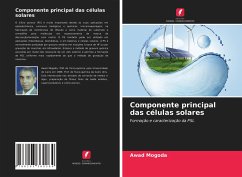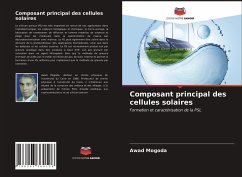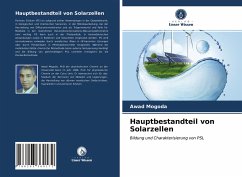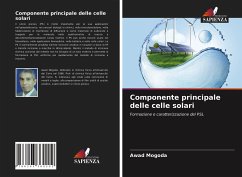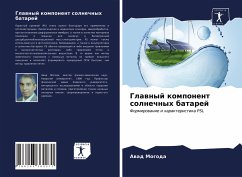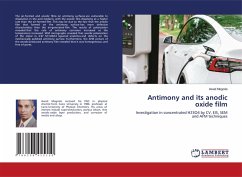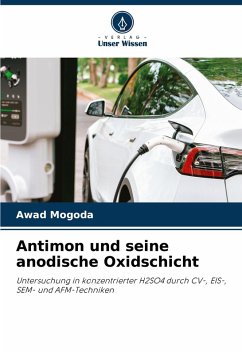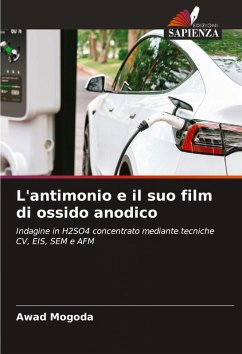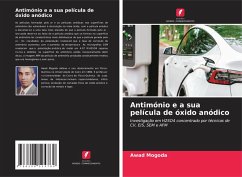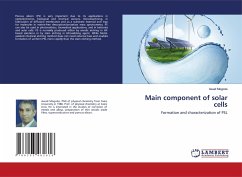
Main component of solar cells
Formation and characterization of PSL
Versandkostenfrei!
Versandfertig in 6-10 Tagen
27,99 €
inkl. MwSt.

PAYBACK Punkte
14 °P sammeln!
Porous silicon (PS) is very important due to its applications in optoelectronics, biological and chemical sensors, micromachining, in fabrication of diffusion membranes and as a substrate material and trap for molecules in matrix-free desorption/ionization mass spectrometry. PS can also be used in photovoltaics, biomedical applications, and in batteries and solar cells. PS is normally produced either by anodic etching in HF-based solutions or by stain etching in HF/oxidizing agent. While Metal-assisted chemical etching method does not need external bias and enables formation of uniform PSL mor...
Porous silicon (PS) is very important due to its applications in optoelectronics, biological and chemical sensors, micromachining, in fabrication of diffusion membranes and as a substrate material and trap for molecules in matrix-free desorption/ionization mass spectrometry. PS can also be used in photovoltaics, biomedical applications, and in batteries and solar cells. PS is normally produced either by anodic etching in HF-based solutions or by stain etching in HF/oxidizing agent. While Metal-assisted chemical etching method does not need external bias and enables formation of uniform PSL more rapidly than the stain etching method.



